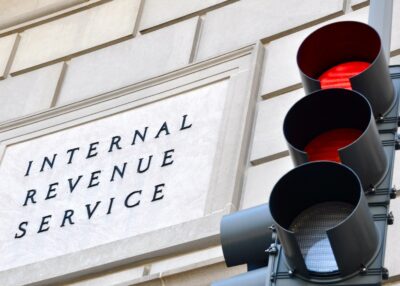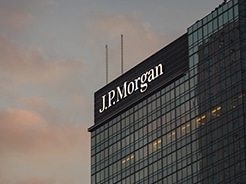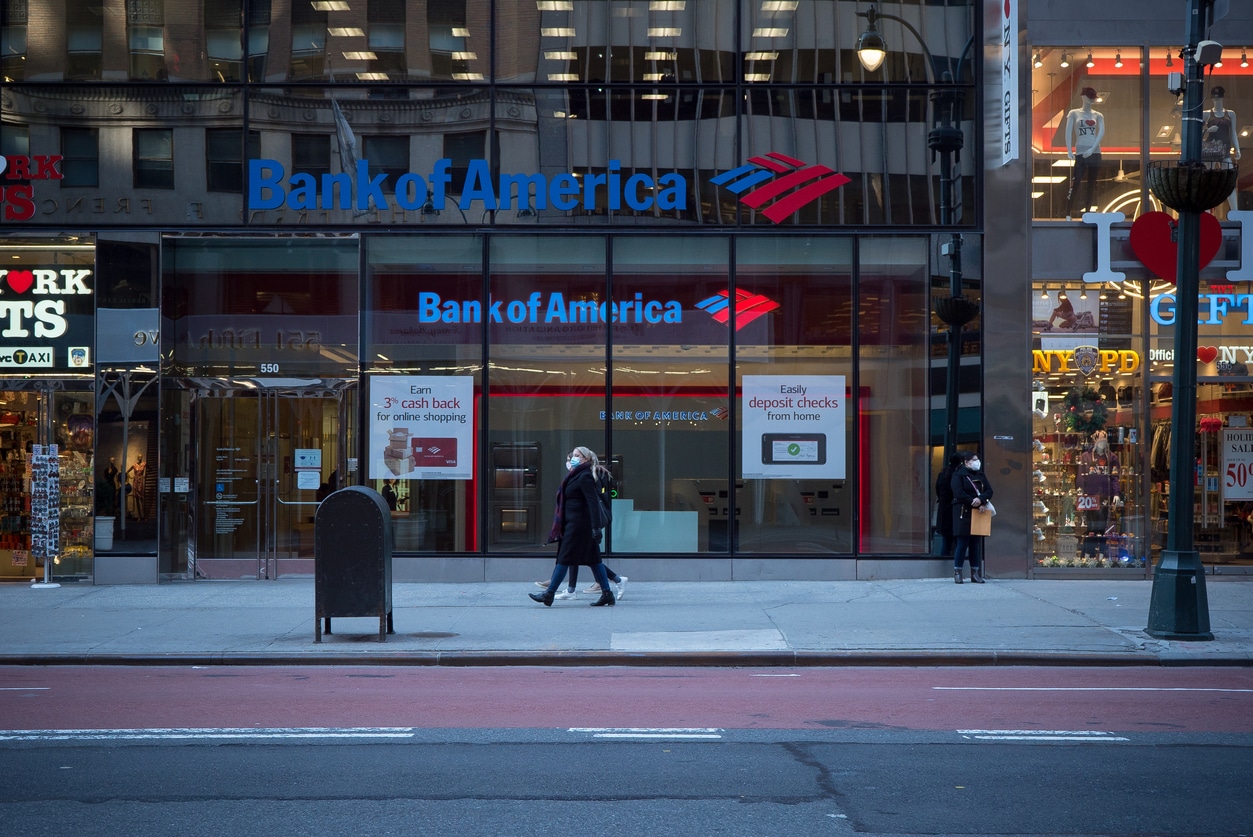Finance
-
Goldman Execs are Paying Themselves a Cut of the Bank’s Private Funds

Image Credit: iStock, vOv
Get More Than News. Get Insights.
Our daily email brings you smart and engaging news and analysis on the biggest stories in business and finance. For free.
-
BlackRock Sparkles, JP Morgan Fizzles to Kick off Earnings Season

Image Credit: JP Morgan
-
Big Banks May Use Payment Service Zelle to Take on Mastercard and Visa

Image Credit: iStock, Massimo Giachetti
-
Wall Street Posted Its First Losing Quarter in Two Years

Image Credit: Adobe.com















